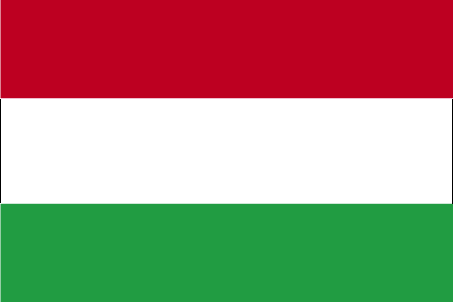United States Venezuela Spain Mexico Singapore Colombia Cuba Chile Canada Argentina Peru Ecuador Germany Switzerland France Brazil Dominican Republic Italy Costa Rica Puerto Rico Russia United Kingdom Panama Japan Guatemala Bolivia Netherlands Belgium Austria El Salvador Portugal Norway Honduras Uruguay Nicaragua Sweden Israel Namibia Angola India Palestinian Territory Paraguay Denmark Czech Republic South Korea Finland Poland Australia South Africa Ireland Hungary Morocco Greece Vietnam Ukraine Jamaica China Tanzania Turkey Mozambique Philippines Indonesia Trinidad and Tobago Algeria Belize Thailand Serbia Slovakia Qatar Bulgaria Equatorial Guinea Romania Iceland Bahamas Andorra Guyana Ghana Haiti Taiwan Aruba Slovenia Luxembourg Cayman Islands New Zealand British Virgin Islands Belarus Curacao Suriname Barbados United Arab Emirates Netherlands Antilles Saudi Arabia Saint Lucia Jordan Antigua and Barbuda Grenada Senegal Guadeloupe Malaysia Cabo Verde Egypt Lithuania Cote D'Ivoire Hong Kong Martinique Moldova Seychelles Armenia Tunisia Estonia Cyprus Nigeria Latvia Uganda Croatia Benin Pakistan Lebanon Malta Mali Botswana Djibouti Turks and Caicos Islands Gambia Jersey Kazakhstan Kuwait Guinea Georgia Ethiopia U.S. Virgin Islands Kenya North Macedonia Yemen Saint Kitts and Nevis Monaco Macao Dominica Montserrat Caribbean Netherlands Vanuatu Azerbaijan Mauritania Nepal Gabon Bahrain Zimbabwe Mauritius Bangladesh Iraq San Marino Republic of the Congo Bosnia and Herzegovina Saint Vincent and the Grenadines Iran French Guiana Laos Albania Gibraltar Libya Burkina Faso Uzbekistan Oman Hungary Flag Meaning & Details 43 VISITORS FROM HERE! Hungary Flag Flag Information three equal horizontal bands of red (top), white, and green the flag dates to the national movement of the 18th and 19th centuries, and fuses the medieval colors of the Hungarian coat of arms with the revolutionary tricolor form of the French flag folklore attributes virtues to the colors: red for strength, white for faithfulness, and green for hope alternatively, the red is seen as being for the blood spilled in defense of the land, white for freedom, and green for the pasturelands that make up so much of the country
Learn more about Hungary » CIA - The World Factbook
 Previous Country | Next Country
Previous Country | Next Country  » Back to Flag Counter Overview
» Back to Flag Counter Overview
 Previous Country | Next Country
Previous Country | Next Country  » Back to Flag Counter Overview
» Back to Flag Counter Overview